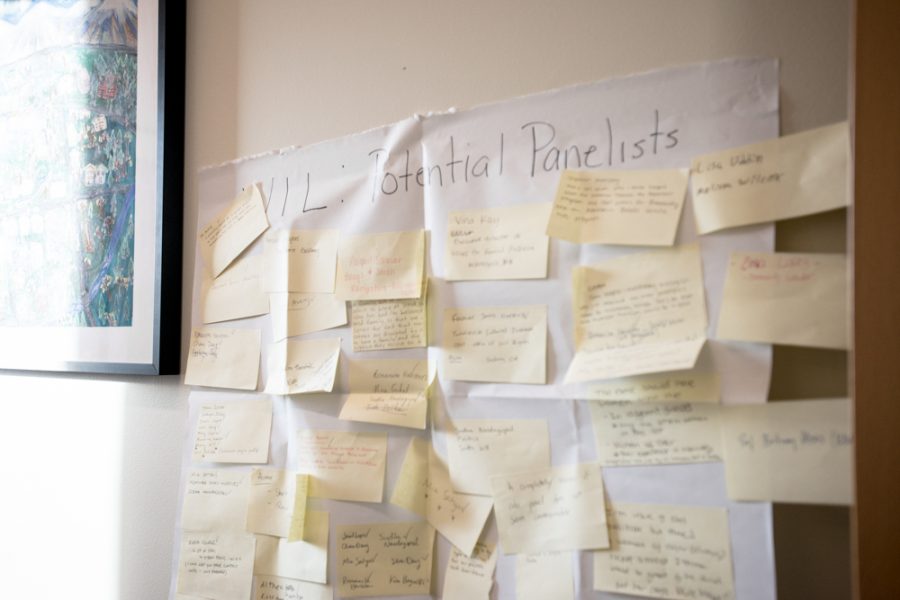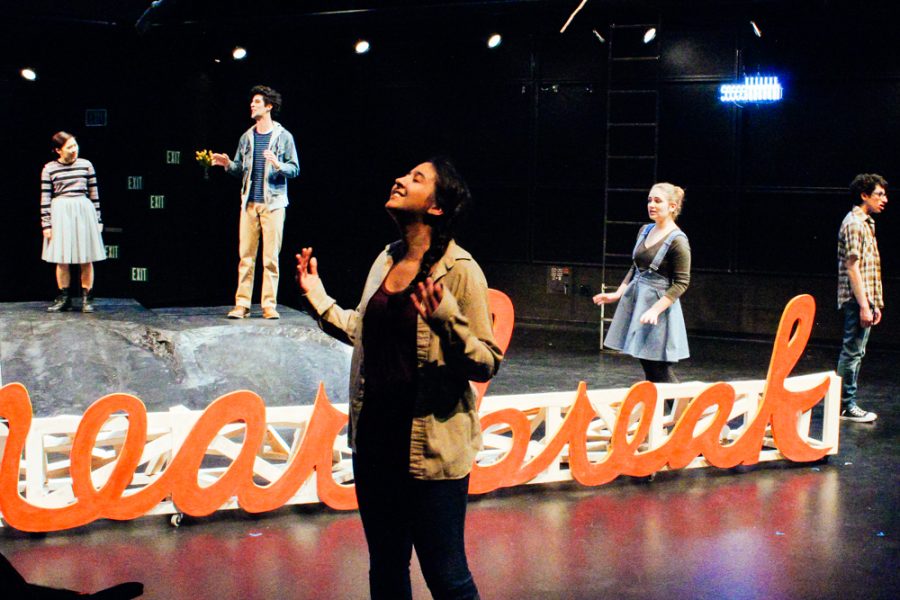
According to Neil deGrasse Tyson, science is cool again. The astrophysicist and director of New York City’s Hayden Planetarium is optimistic that popular interest in the subject is on the rise. This last spring, Tyson’s show, “Cosmos: A Space-Time Odyssey,” aired on FOX to stellar reviews and with even higher viewership. News outlets, he points out, are featuring science-based stories more than ever before. And even in popular culture, science and scientists capture the attention and imagination of the public.
“‘The Big Bang Theory’ is the number one show on television, and you need more than just geeks to watch the show to make it as popular as it is,” said Tyson. “I think there is a curiosity that’s being fed.”
The changing ways we use social media have contributed heavily to this change, says Tyson. Tyson is an avid and irreverent Twitter user and a regular on the talk show circuit. In just the past year, Tyson has appeared everywhere from “The Daily Show” to National Public Radio.
“The public has really embraced my participation as a social media contributor to discuss the foundation of science,” he said. “I’m not force feeding this to anyone. People are actually seeking it out.”
The scientific community is seeing the results.
“We, in the astrophysics community, started noticing that Congress, when it was time to allocate budgets for space programs or scientific research, would be saying, ‘Oh, isn’t that what I saw Carl Sagan talking about on Johnny Carson last night? Yeah, I saw him do that!’ And all of a sudden, the tide waters rose and all boats rose with it,” said Tyson.
Tyson often speaks fondly of his mentor Carl Sagan. “Cosmos” is a reboot of Sagan’s 1980 PBS show, and Tyson credits Sagan with laying the groundwork for the scientist-as-a-social-figure model. Post-Sagan, it has become more common for scientists to publicly discuss their thoughts on current issues and events.
Tyson also credits Sagan and shows like “The Big Bang Theory,” “CSI” and the now-canceled “NUMB3RS” with helping raise the public’s comfort level with science. Tyson argues that even though people think that you need the technical knowledge to learn and have an interest in science, it’s simply not true. Shows like these draw people to science without dumbing it down.
“Look at ‘NUMB3RS,'” said Tyson. “It had the FBI solving crimes with mathematics, and they wouldn’t hold any punches. They would speak mathematic-ese and not explain it to you at all. But you knew that they were smart, and they were people you cared about. You wanted them to succeed.”
Students, according to Tyson, sometimes use their liberal arts education as an excuse to reduce their exposure to science. Tyson is himself a liberal arts graduate from Harvard University, where he earned a BA in physics. He says that while a liberal arts education is paramount to becoming a full member of society, science is largely a part of that –– especially if you think about all the facets of life science has helped.
“Science is life. Science is policy. Science is all of these things. [When you realize that], you can’t sidestep it. You have to embrace it,” he said.
Neil deGrasse Tyson speaks tonight at Cordiner Hall at 7. To see the advice Tyson gave to Whitman students, please read here.















